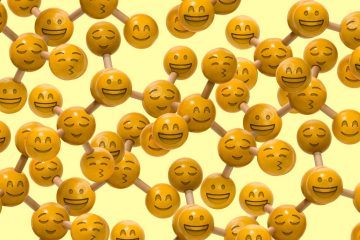Allie Volpe in The New York Times:
 When I was laid off in 2015, I told people about it the way any good millennial would: By tweeting it. My hope was that someone on the fringes of my social sphere would point me to potential opportunities. To my surprise, the gambit worked. Shortly after my public plea for employment, a friend of a friend sent me a Facebook message alerting me to an opening in her department. Three rounds of interviews later, this acquaintance was my boss. (She’s now one of my closest friends).
When I was laid off in 2015, I told people about it the way any good millennial would: By tweeting it. My hope was that someone on the fringes of my social sphere would point me to potential opportunities. To my surprise, the gambit worked. Shortly after my public plea for employment, a friend of a friend sent me a Facebook message alerting me to an opening in her department. Three rounds of interviews later, this acquaintance was my boss. (She’s now one of my closest friends).
Think of the parents you see in the drop-off line at school. Your favorite bartender. The other dog owners at the park. The sociologist Mark Granovetter calls these low-stakes relationships “weak ties.” Not only can these connections affect our job prospects, they also can have a positive impact on our well-being by helping us feel more connected to other social groups, according to Dr. Granovetter’s research. Other studies have shown weak ties can offer recommendations (I found my accountant via a weak tie) and empower us to be more empathetic. We’re likely to feel less lonely, too, research shows. A 2014 study found that the more weak ties a person has (neighbors, a barista at the neighborhood coffee shop or fellow members in a spin class), the happier they feel. Maintaining this network of acquaintances also contributes to one’s sense of belonging to a community, researchers found.
More here.
